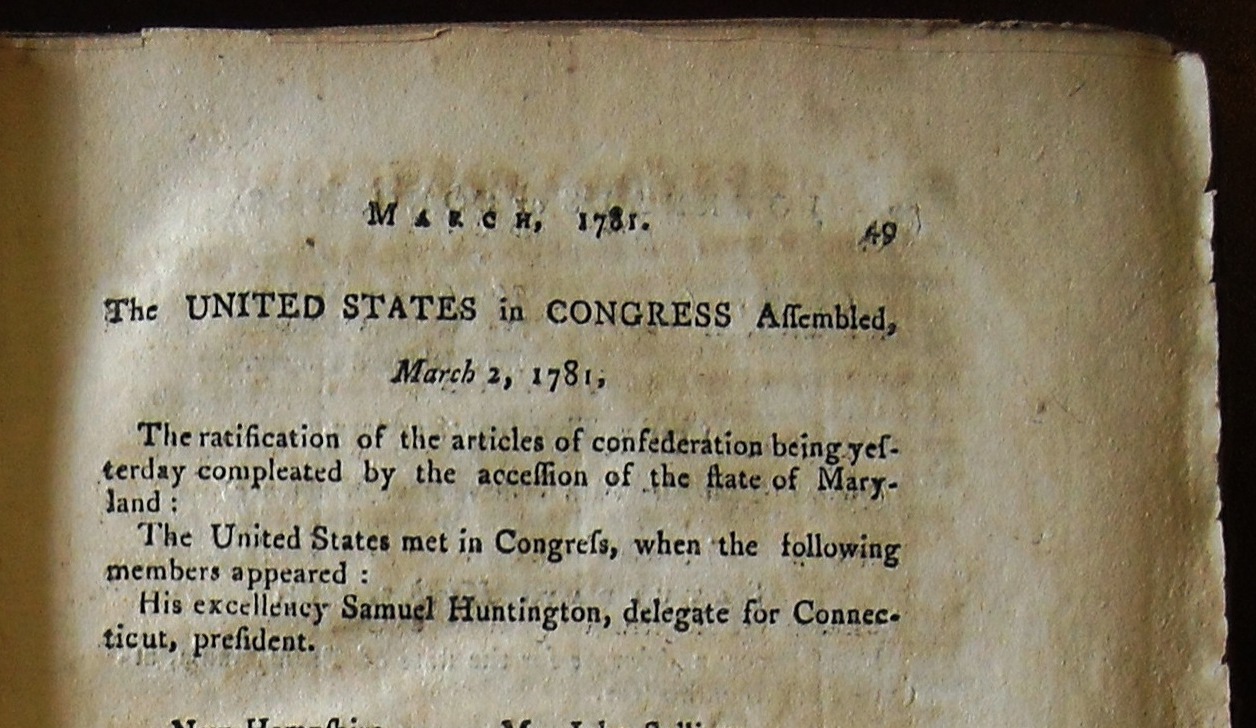The chronic financial difficulties of the French monarchy strengthened the hand of the middle-class reformers. The government debt, already large at the accession of Louis XVI, tripled between 1774 and 1789.
The budget for 1788 had to commit half the total estimated revenues to interest payments on debts already contracted; it also showed an alarming deficit in the face of continued high expenditures to support the court.
In 1786 the bankers, disturbed by the movement of prices and convinced of governmental mismanagement, refused to make new advances to the French government, which was caught between the third estate’s demands for tax relief and the other estates’ refusal to yield their fiscal exemptions.
The monarchy had temporized and borrowed until it could afford neither fresh delays nor new loans. In the hope of persuading the first two estates to consent to heavier taxation, the Assembly of Notables was convened in 1787. But the Notables declined to be persuaded, whereupon the king dissolved them.
Serious trouble arose in 1788 when the king tried to levy a uniform tax on all landed property without regard to the social status of the holder. The Parlement of Paris declared the new tax law illegal and asserted that only the nation as a whole assembled in the Estates General could make so sweeping a change.
The king next resorted to Louis XV’s expedient of shifting judicial authority from the parlements to new royal appellate courts. Again, however, there was a storm of disapproval and an outbreak of rioting, led by both aristocrats and bourgeois in several provincial cities. The king retreated and announced that the Estates General would be summoned for the spring of 1789.

